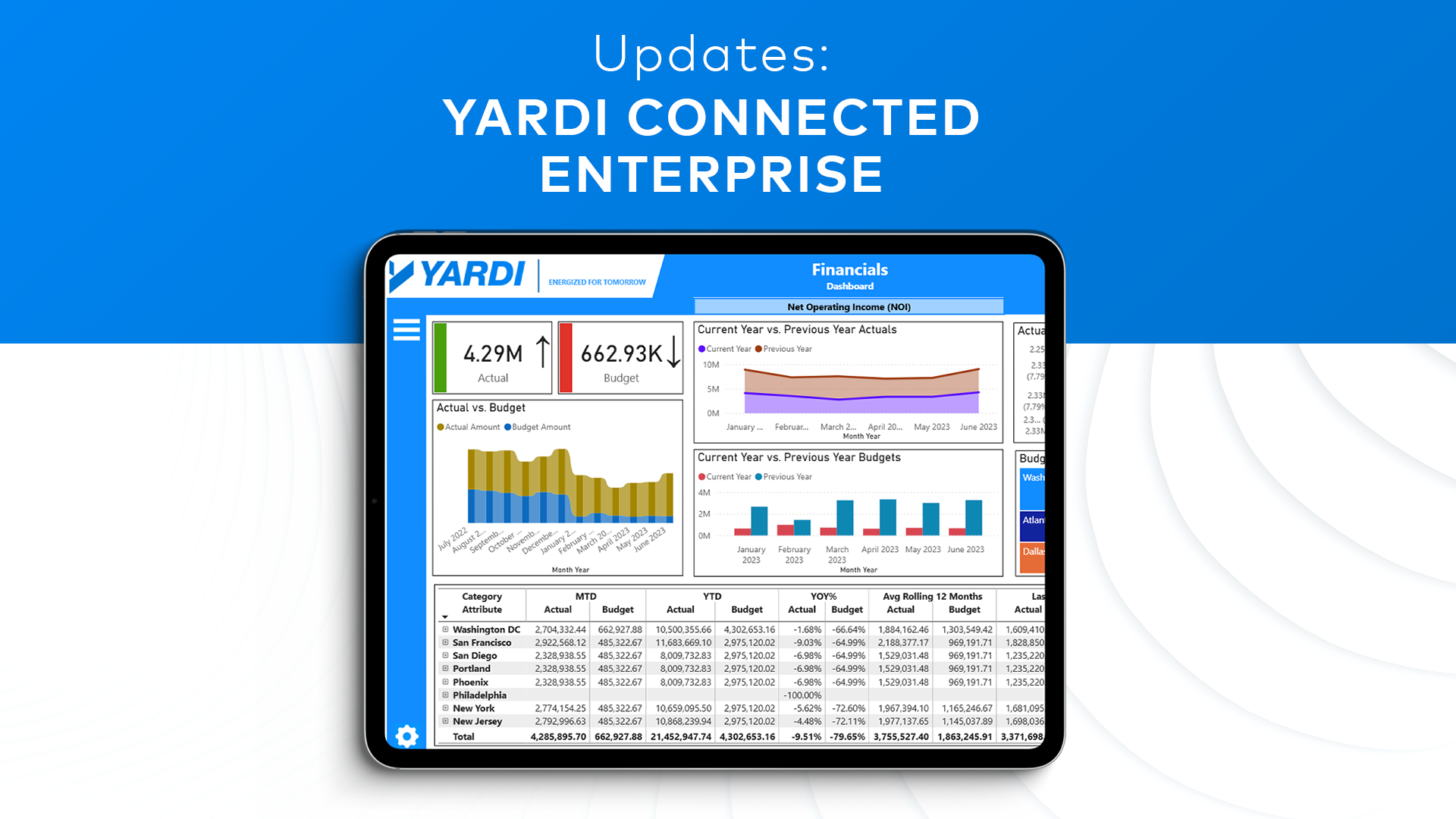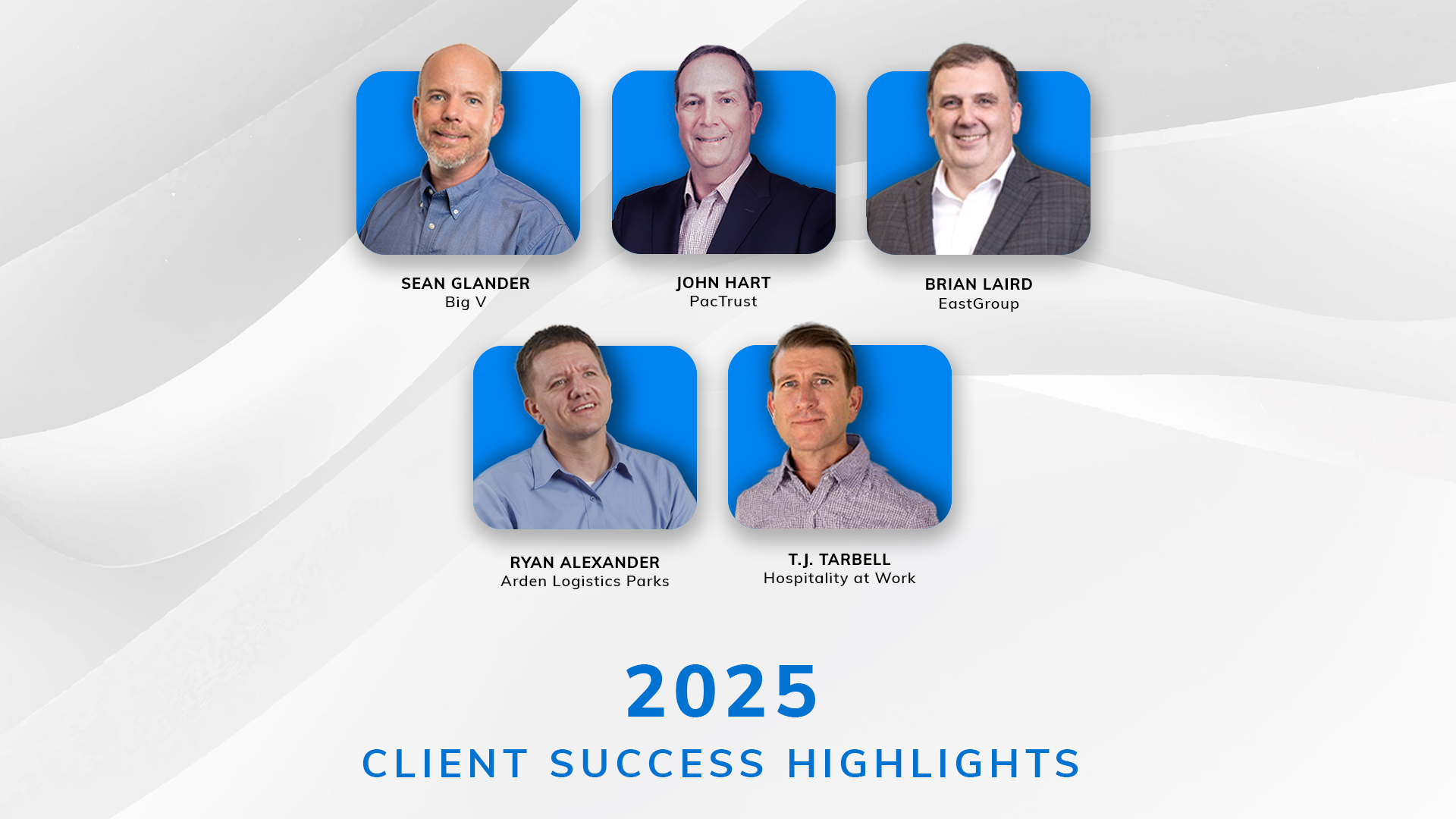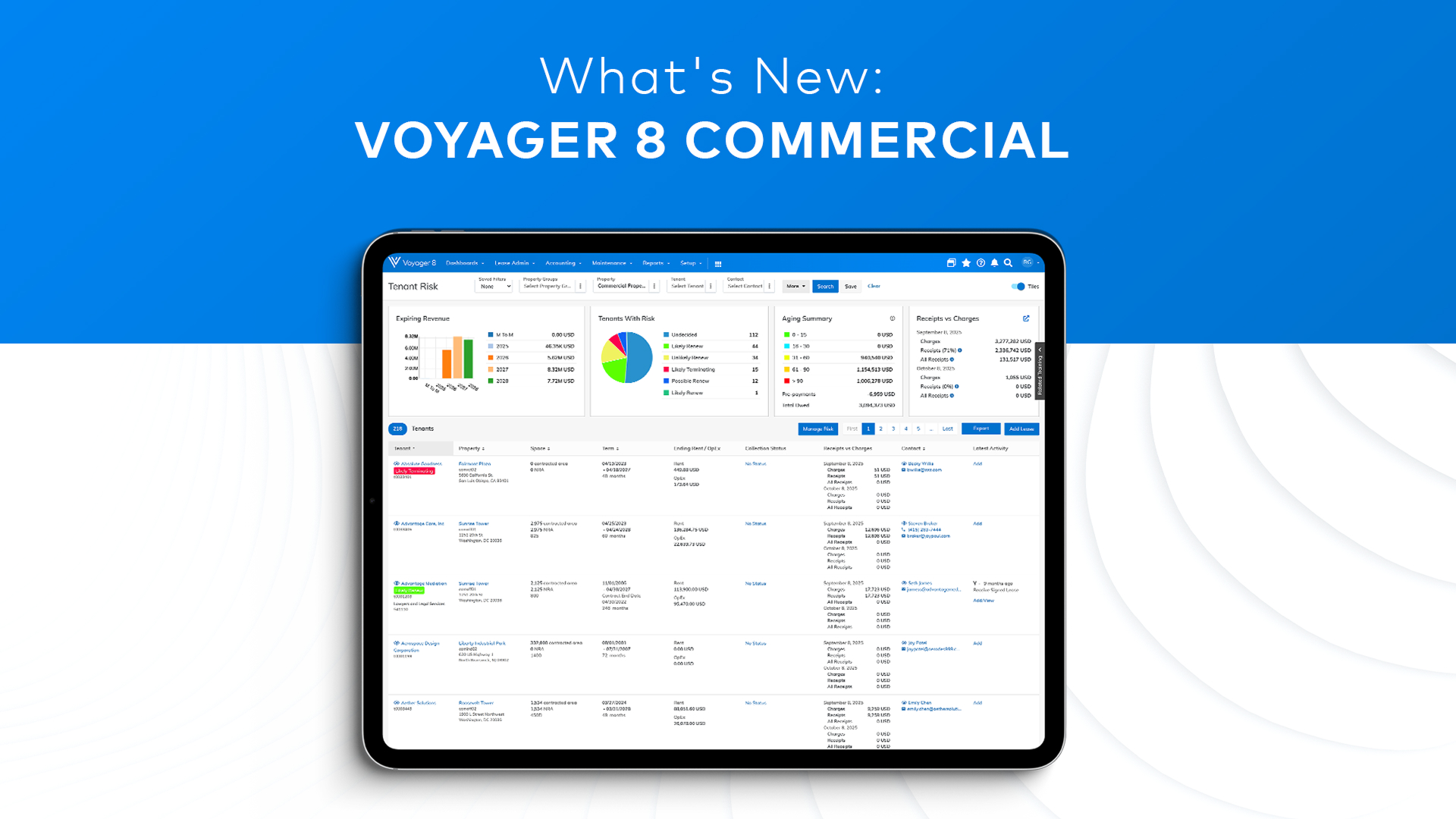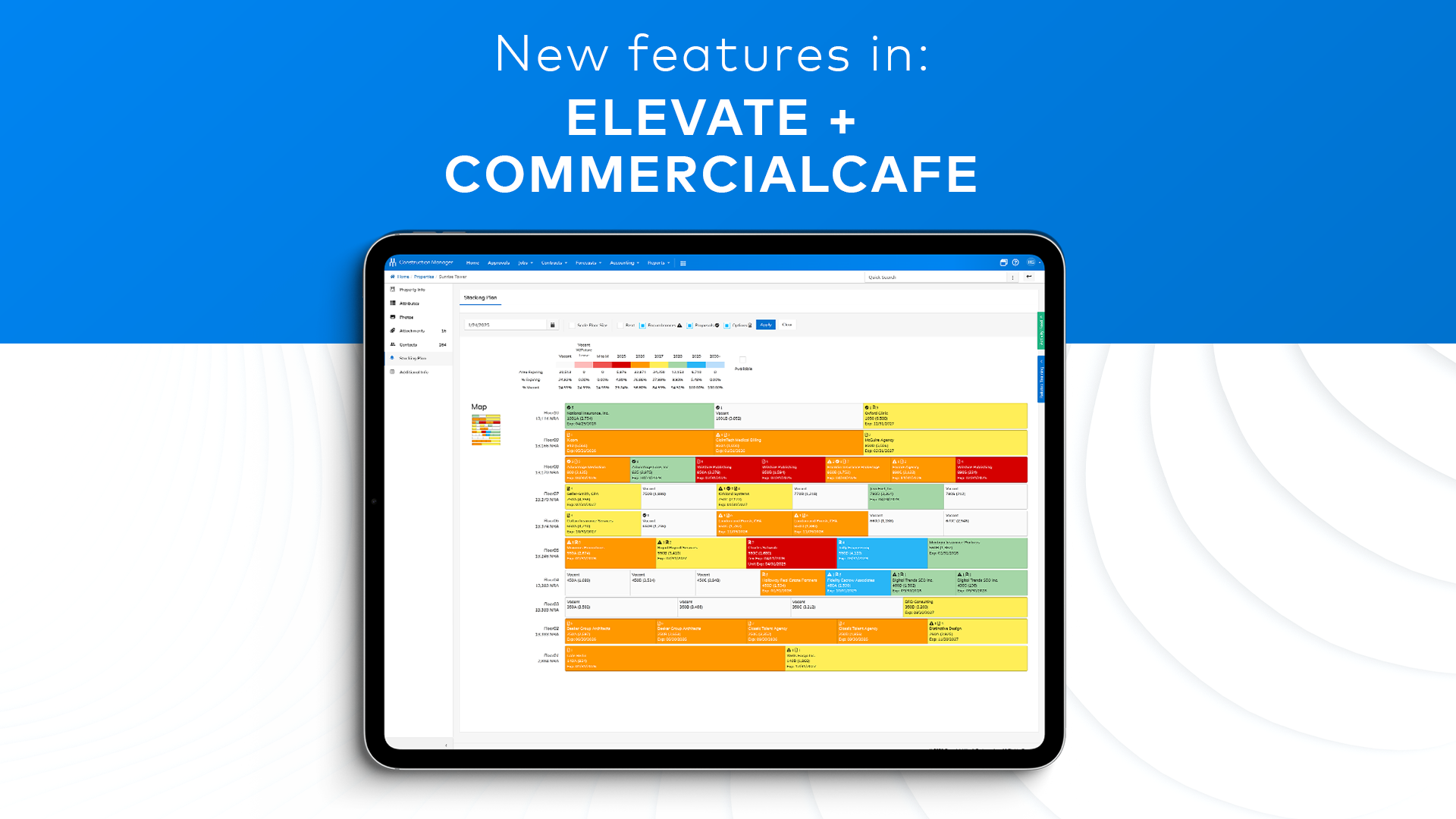proptech
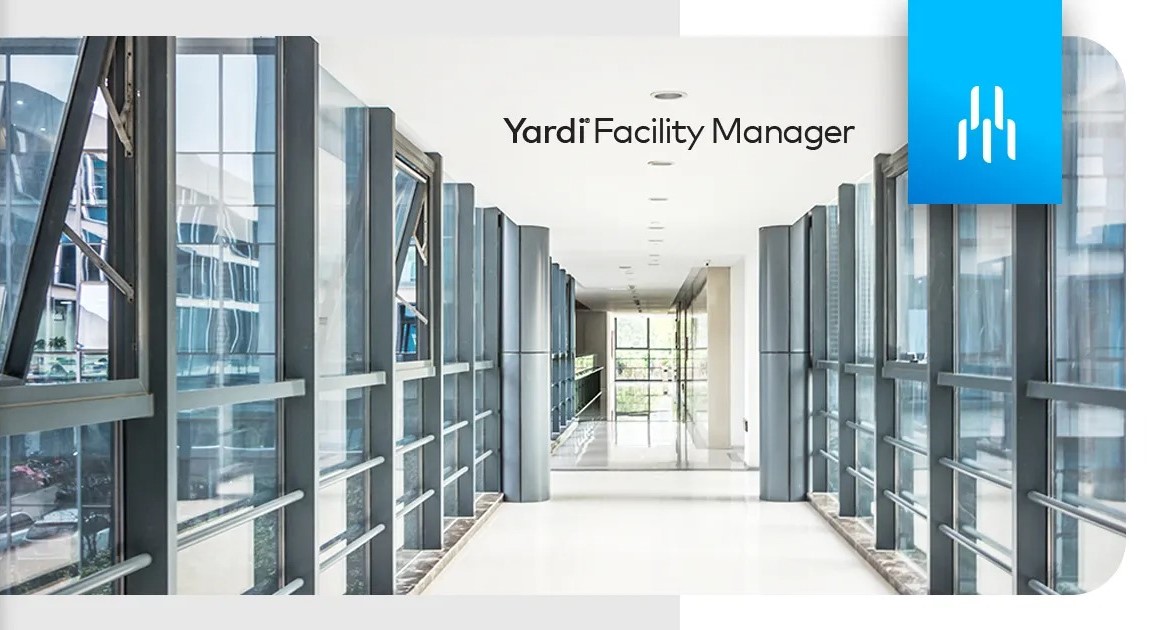
Facility Management Disruption
When it comes to maintenance operations, continuity is king. A lag in response to work orders or skipped inspections can result in increased costs, equipment breakdowns and unhappy tenants. Over the long term, neglected buildings decrease in value, lose appeal and impact your bottom line. Fill the knowledge gap Research shows that the majority of […]
12 / 23 / 24

How AI is Reshaping CRE
AI is top of mind across the real estate industry, and the business case for AI in CRE has become clear. CRE stakeholders embracing AI’s impact on the industry are already employing data-driven approaches to decision making while leveraging AI to improve day to day operations including optimized AP processing and customer service. Following are […]
08 / 15 / 24

A Complex Challenge
Contraction in the proptech universe won’t be driven just by competition, consolidation or economic challenges, but also by compliance. That’s the top takeaway from a recent webinar hosted by Yardi’s Asia Pacific team. Bernie Devine, Yardi’s Senior Regional Director for Asia Pacific, sat down with Kevin Yardi, Vice President of Yardi, for the final installment […]
01 / 05 / 23

Net Zero Aspirations
When it comes to turning net zero aspirations into real world action, the devil is in the detail – and the only way to the detail is with data. This is just one of the key takeaways from the latest episode of Yardi Proptech Insights. If proptech is about solving business problems, then one real […]
10 / 26 / 22

Proptech Disruption
After Jack Fitzgerald stumbled across the term ‘proptech’ he spent a sleepless night burning the midnight oil or more accurately, draining the battery on his phone. The technology that had transformed other sectors of the economy was coming for real estate. Fitzgerald, Hitachi’s Director of Smart Cities and Real Estate Tech, recently sat down with […]
07 / 12 / 22
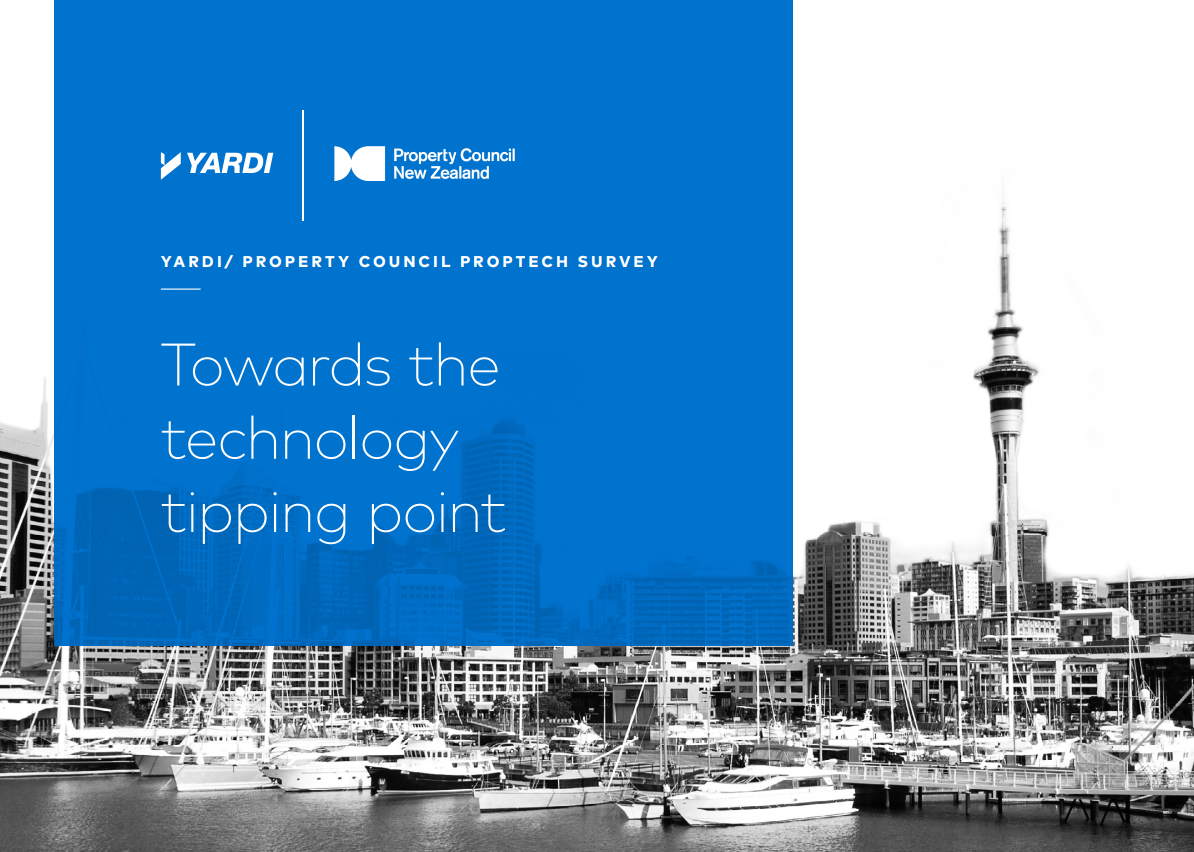
Innovation Acceleration
New Zealand’s property industry has accelerated its investment in technology in response to Covid-19 and embraced new systems and processes at a faster rate than its Australian counterparts, according to a new report. Despite this, six in 10 respondents to a survey conducted by the Property Council of New Zealand and software company Yardi still […]
03 / 17 / 22

Proptech Investment
More than three quarters of Australia’s real estate companies think technology will play a big role reshaping their portfolios over the next three years. Despite this, more than half of respondents to the second annual proptech survey by the Property Council of Australia and software company Yardi still depend on spreadsheets to assess the performance […]
03 / 14 / 22

4 Big Questions
What are the biggest, boldest questions that everyone in real estate needs to answer? Last year, guests on Yardi’s Proptech Insights program shared their secrets to navigating the complex proptech ecosystem. Bernie Devine, Yardi’s Senior Regional Director, asked a lot of questions – and our guests offered many insightful answers. But to kick off 2022, […]
03 / 11 / 22

Transforming the Tenant Experience
Over the last two years, the value equation in commercial real estate has continued to evolve. Four walls and functioning systems were once enough for tenants to sign long leases. Now experience is everything. Bricks-and-mortar is only as valuable as the experience it can deliver. This was one of the clear takeaways from the latest […]
02 / 18 / 22
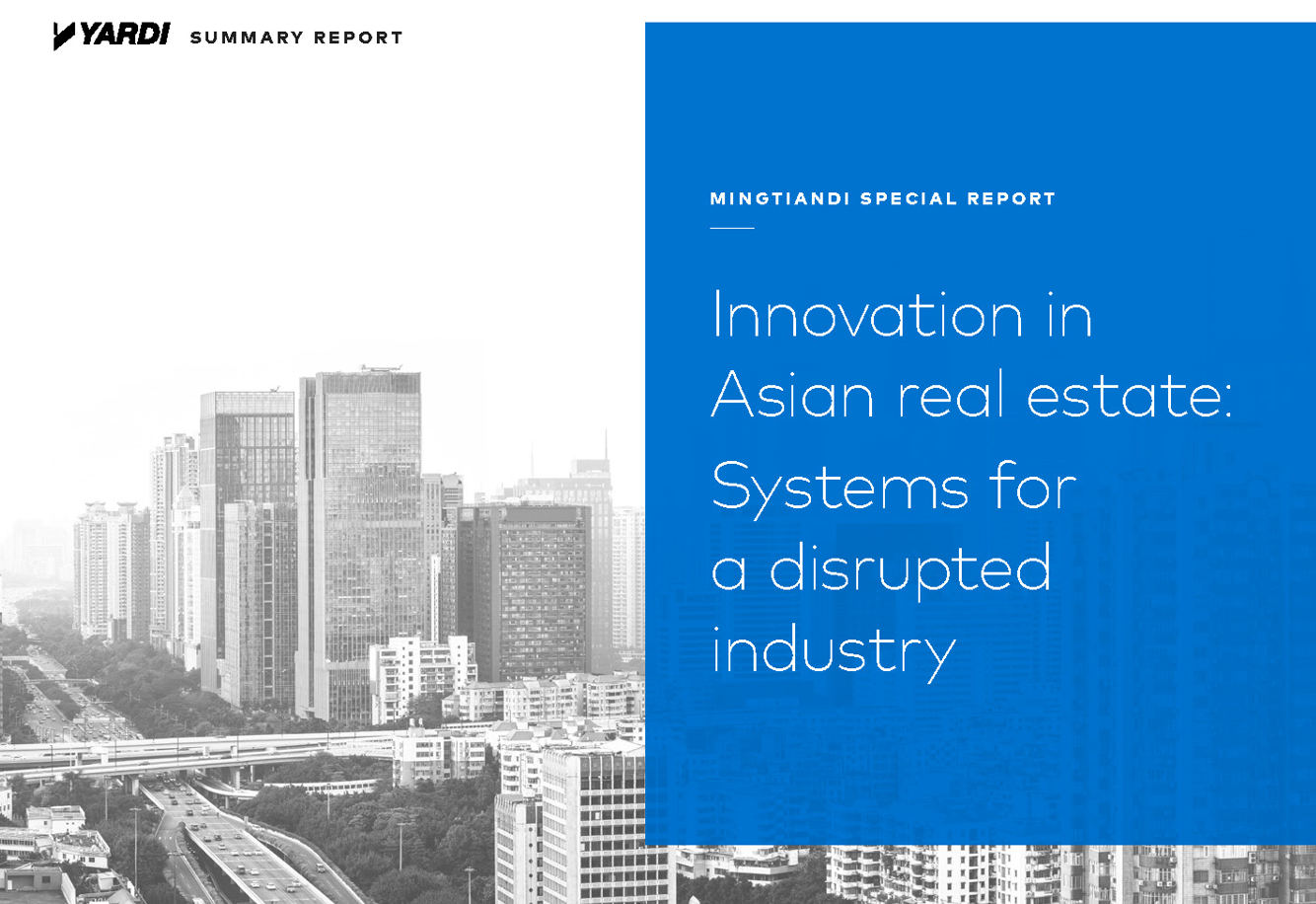
Epic Disruption
Big data, artificial intelligence and business process automation may be real estate industry buzzwords, but property companies should start with small data. That’s the key takeaway from the latest Mingtiandi-Yardi proptech survey, which captured the insights of senior leaders from across Asia. Yardi and Mingtiandi first teamed up to track changing attitudes to proptech in […]
02 / 17 / 22
ENERGIZED FOR TOMORROW
We’re here to help
Do more with innovative Property Management Software and services for any size business, in every real estate market.
Sorry, this video is unavailable as it is not hosted by Yardi Systems.

